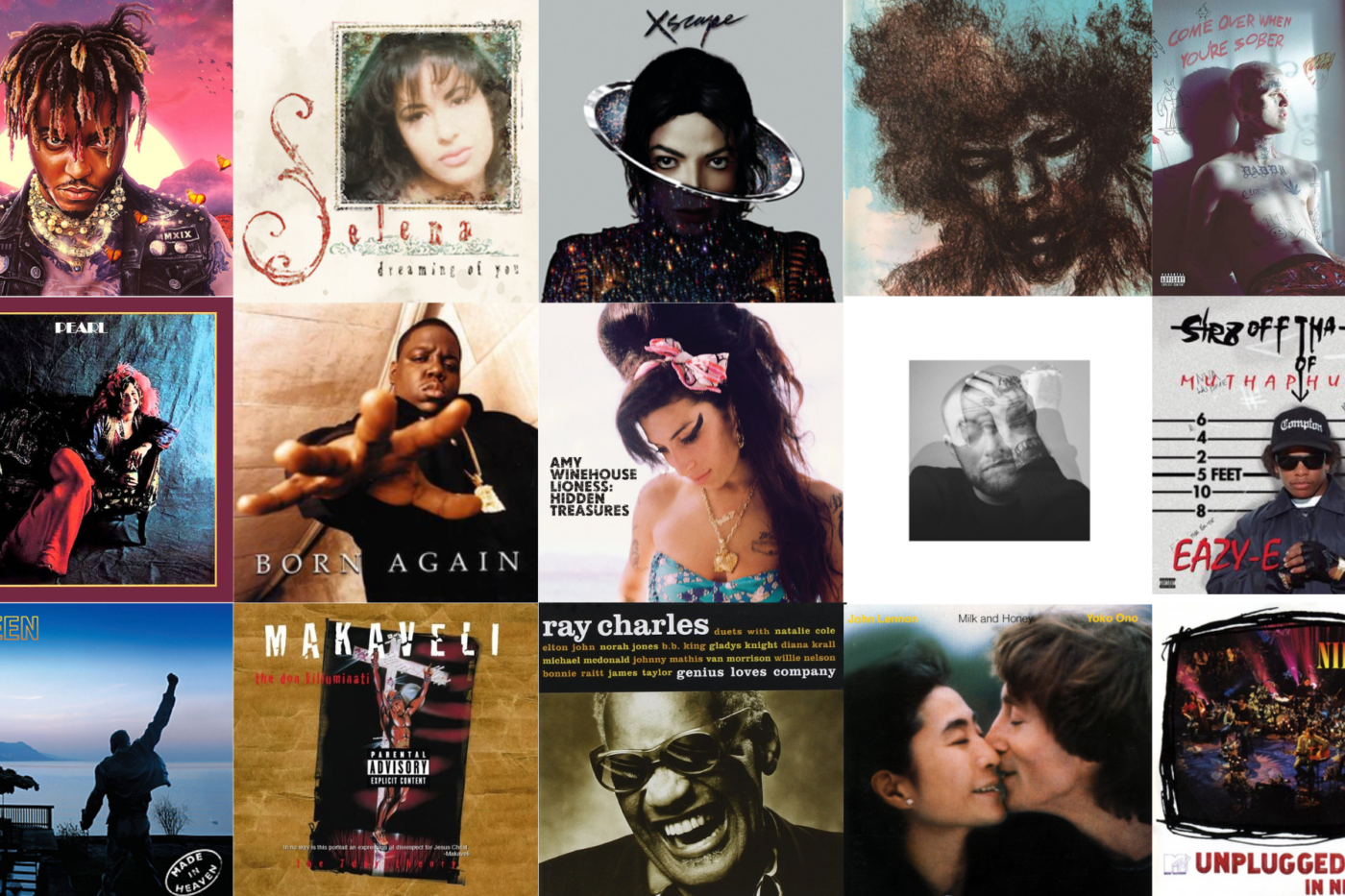How ethical are posthumous album releases?
Many of our beloved artists sadly pass away far too early. With this, unreleased music is sometimes left behind. When record labels choose to release tracks or albums after the artist’s death, this is known as a posthumous release.
As with any matter, people can often have differing opinions. Some would argue that it is unethical to release music without the artists explicit consent, whereas others might say that it shows respect, honour and love for the artist. Posthumous albums are released (or not released) for a number of reasons. To generalise, there are two main types: intended and unintended posthumous albums.
In the case of an intended posthumous album, the artist knows or suspects that they will soon pass away. This means that they know any music they are working on may well be a posthumous album (because releasing an album takes time and isn’t as simple as it may seem). In these circumstances, the artists often give guidance and instructions on how they would like the album to be completed and released.
Some people believe that it is unethical to profit off of a dead person’s work
One of the most well-known examples of an intended posthumous album is Made in Heaven by Queen. This was released a few years after Freddie Mercury’s death. As the title gives away, at the time of recording, Freddie knew that his life was coming to an end.
Alternatively, unintended posthumous albums are released when the artist didn’t know their death was imminent. This is often comprised of some leftover recordings carrying no indication of how, when or even if the artist wanted them to be released. This can cause some conflict between the record label and family members who may have differing views on what to do with the unfinished work. However, in most cases, everyone manages to come together to finish and release the album in a way they think the artist would’ve liked.
So once an album is released, who gets the profits? This can also be confusing and dependent on a number of factors. If the artist had written a detailed will, this takes away some of the burden. But in most cases, when the artist is young and doesn’t know their life is soon to end, they do not have a will. Usually the profits go to the family members. However, when such large sums of money are involved, conflicts can arise. The situation is even more complicated if there are contracts with record labels which show ownership of the artist’s work. For these reasons, some people believe that it is unethical to profit off of a dead person’s work when there is no knowledge about who they would have wanted the money to go to.
A recent posthumous album is Circles by Mac Miller, which was released on 17 January 2020. Mac’s family say that he was actively working on the album shortly before his death and therefore had every intention of releasing it. So, in this case, most people would agree that releasing his album was a way of honouring his life rather than trying to make money. During such an emotional time, it often gives comfort to families to know that their loved ones’ work is being appreciated and honoured by millions of people worldwide.
To summarise, there is no right or wrong answer when it comes to posthumous albums. It all depends on so many different factors that it is impossible to say whether they are right or wrong. In an ideal world, no one would die before their time. With no wills and unclear intentions, it is often left down to the family members to decide what is the best course of action.

Comments